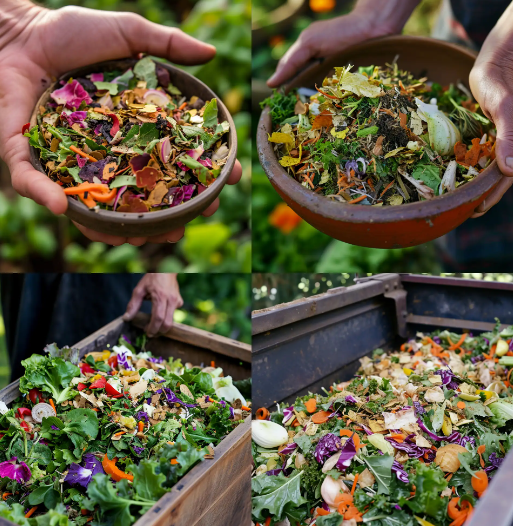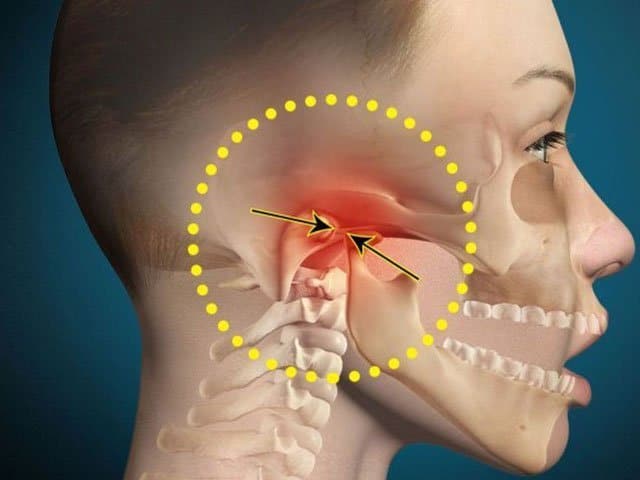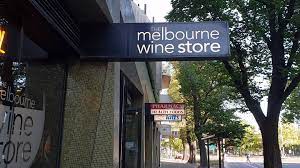Composting is a sustainable practice that transforms kitchen scraps and yard waste into valuable organic matter for your garden. This guide covers the essentials of composting, including how to start a compost pile, maintain it, and use the finished compost to enhance your garden.
Getting Started with Composting
Choosing a Composting Method: There are several methods for composting, including backyard composting, tumblers, and vermicomposting. Backyard composting involves creating a compost pile or bin in your garden. Compost tumblers are enclosed units that allow you to turn the compost easily. Vermicomposting uses worms to break down organic matter in a specially designed bin.
Building a Compost Pile: To start a compost pile, choose a well-drained location in your garden. Create a base layer of coarse materials like straw or small branches to promote airflow. Add alternating layers of green materials (nitrogen-rich items such as vegetable scraps, coffee grounds) and brown materials (carbon-rich items such as leaves, cardboard). Aim for a ratio of about 3:1 brown to green materials.
Maintaining Your Compost: To keep your compost pile active, turn it regularly to aerate the materials and speed up decomposition. Monitor the moisture level, ensuring it is as damp as a wrung-out sponge. If the pile is too dry, add water; if it’s too wet, add more brown materials. The compost should heat up as microorganisms break down the organic matter.
Troubleshooting Common Composting Problems
Odor Issues: If your compost pile has a foul smell, it may be too wet or contain too many green materials. Add more brown materials to balance the moisture and carbon levels. Ensure proper aeration by turning the pile regularly.
Pest Problems: Gardenedgingexpert.com/blog and other pests can be attracted to compost piles with exposed food scraps. To prevent pests, bury food scraps within the pile, use a compost bin with a lid, and avoid adding meat or dairy products.
Slow Decomposition: Slow decomposition can occur if the pile lacks sufficient moisture, oxygen, or proper balance between green and brown materials. Check the moisture level and turn the pile more frequently. Ensure you have a good mix of materials and avoid adding materials that decompose slowly, such as wood chips or large branches.
Using Finished Compost
When Compost is Ready: Finished compost is dark, crumbly, and has a rich, earthy smell. It should be fully decomposed with no recognizable food scraps or plant material. The compost can be used in your garden to improve soil structure, enhance fertility, and retain moisture.
Application: Incorporate finished compost into garden beds before planting or use it as a top dressing around existing plants. Compost can be used to enrich vegetable gardens, flower beds, and lawns. It provides essential nutrients and improves soil texture, promoting healthy root growth and plant development.
Conclusion
Composting is a rewarding practice that turns organic waste into valuable garden resources. By choosing the right composting method, maintaining your compost pile, and troubleshooting common issues, you can create nutrient-rich compost that enhances soil health and supports a thriving garden.




